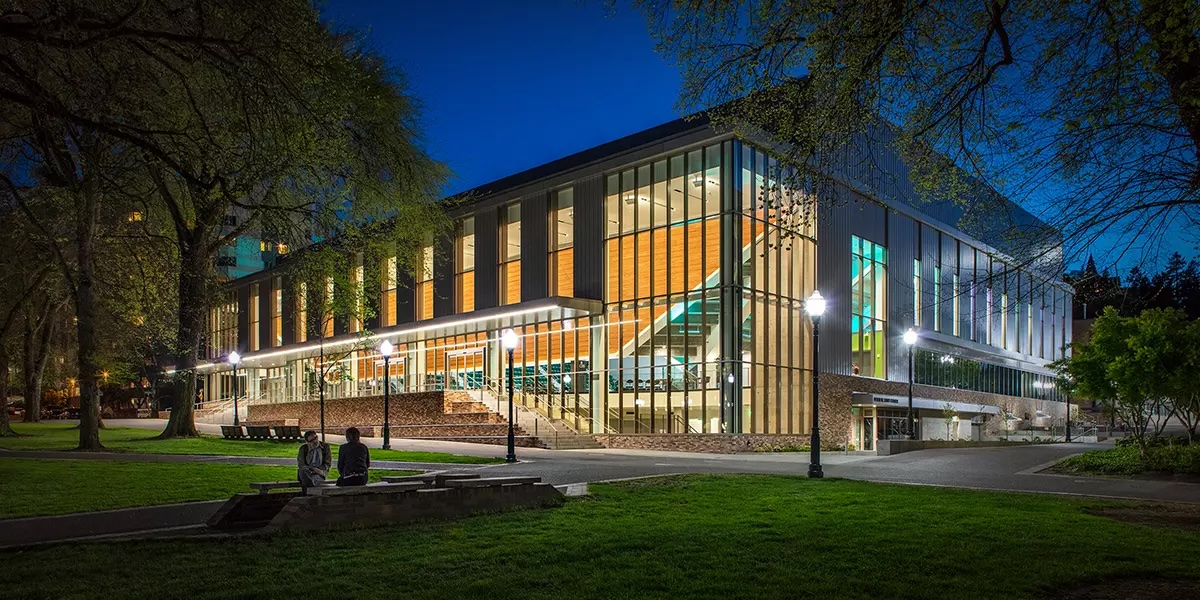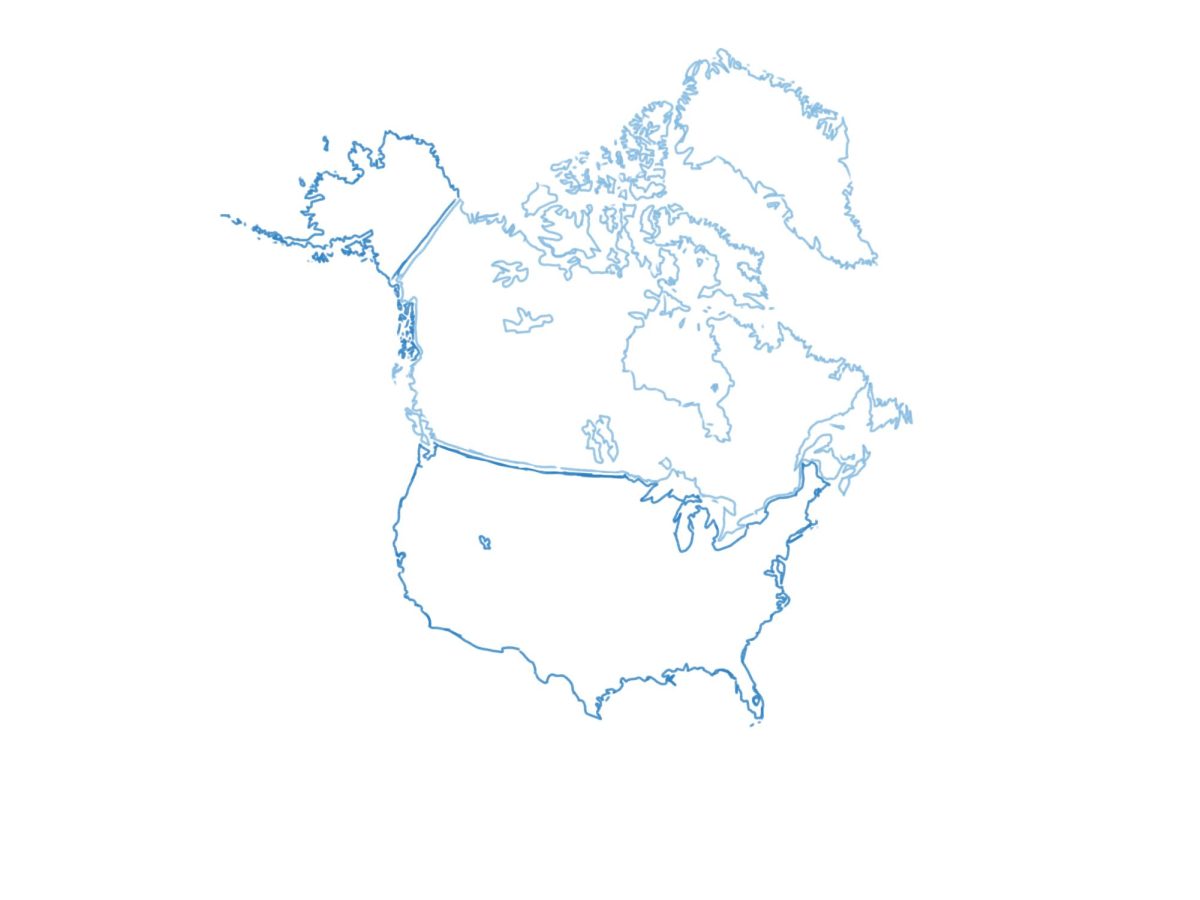
Tualatin High School Wolves turning 18 before the 2024 election will vote for the first time in a presidential election which looks disorientingly similar to the one they watched from the sidelines three years ago.
Both Biden and Trump are almost sure to return to the ballot, bringing with them their extreme unpopularity, the same messaging as last time and a host of never-before-answered questions. Both campaigns are far from airtight, and many Americans likely to vote for either candidate would prefer a different nominee in their place.
A year out, both primary elections don’t look anything like Biden’s race for the nomination in 2020 or Trump’s respectively in 2016 is that neither candidate is engaging in the debates we have come to expect from our democratic process.
Trump’s unconventional, viral debate performances in 2016 sent him straight to the GOP nomination, while Democrats saw a jam-packed debate stage and ferocious primary with up to 23 candidates fighting to be the one to take him on in 2020. This time around? None of the same noise.
NBC headlined the third Republican debate as the candidates “duking it out for second place.” As he skips all of the conventional debates in favor of interviews on Twitter/X, Trump has cemented a steady 40 percent advantage over the come-and-go second placer.
Governor Ron DeSantis began the third debate painting Trump’s absence as cowardice: “He owes it to you to be on this stage and explain why he should get another chance.”
Incumbent Biden’s age stands out as a major concern in the election, with a significant cohort of Democratic and Independent voters viewing him as too old or mentally unfit to serve another four years. That figure could exceed 70 percent, according to recent NYT polling.
VP Harris’ low popularity has put Democrats in an awkward position, lacking an easy substitute to run instead. There are some other candidates running in the silent Democratic primary, but only RFK, Jr. has shown significant potential vote share in his now-third-party bid.
The DNC last year reordered the primary contest states to create the smoothest possible path to victory for Biden, and as the election crawls nearer, those holding out hope for a shake up are few and far between. Biden’s de facto candidacy seems as established as can be, with unforeseeable variables keeping much of the country and his own base on edge.
So the rematch election materializes, with both candidates not facing debates and neither party really open to any competition.
Amid these two very unpopular candidates, many Americans will wonder as November 2024 nears how this undesired rematch came to be, and while fingers can surely be pointed at the parties, the candidates and the media, the willingness to sit back and put these electoral processes aside has been just as unprecedented.






